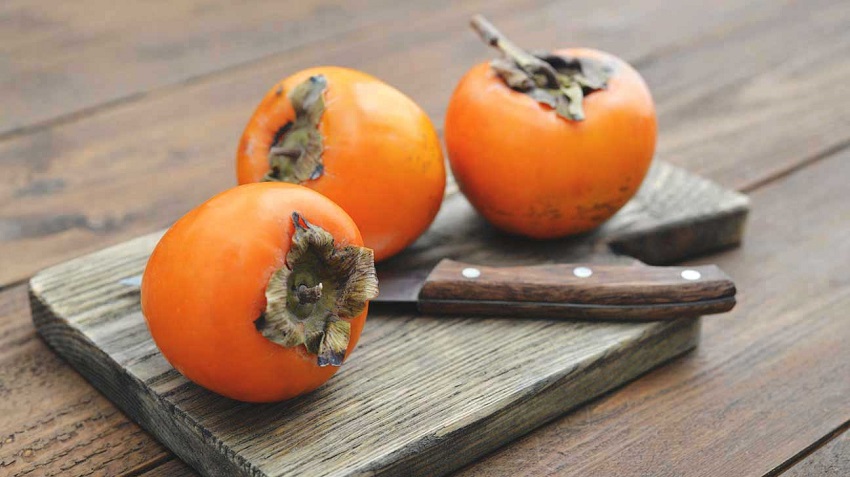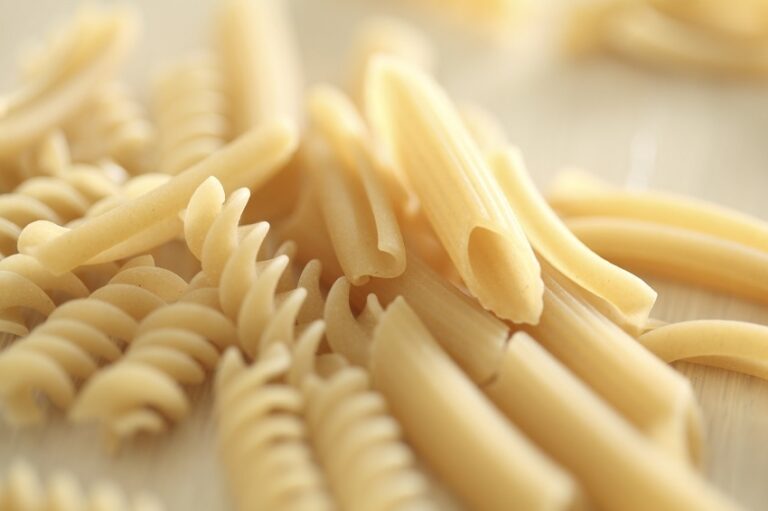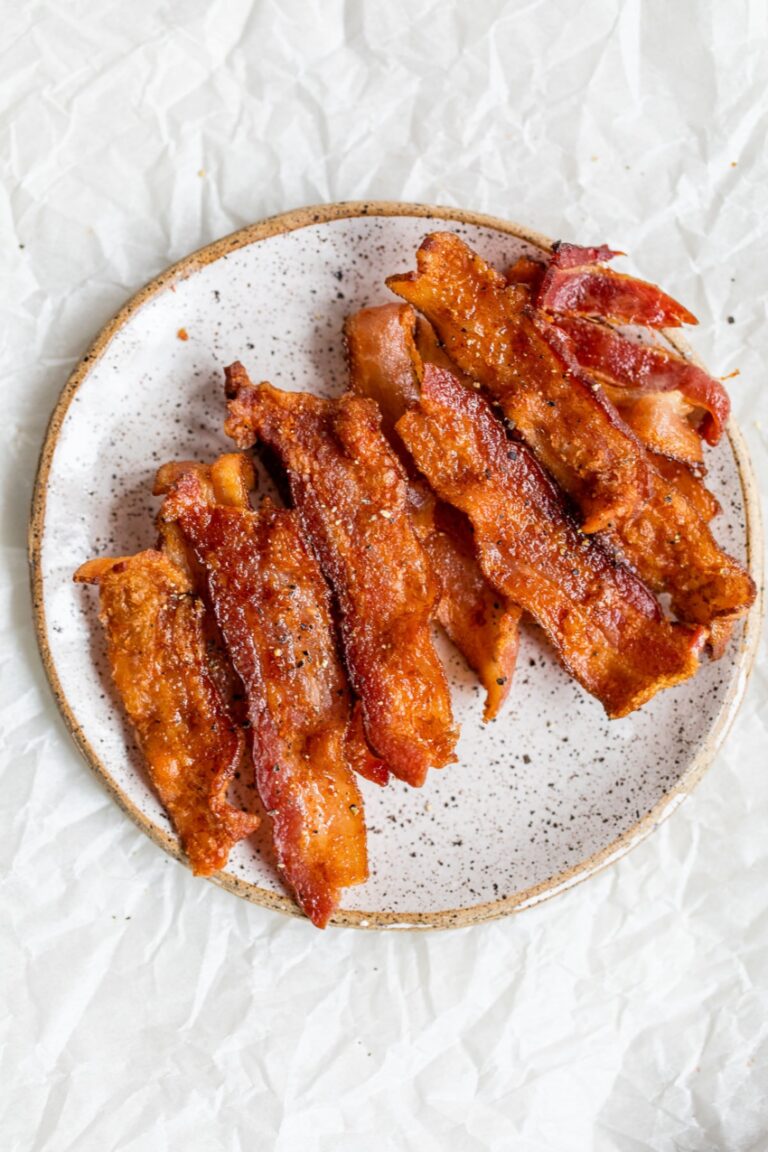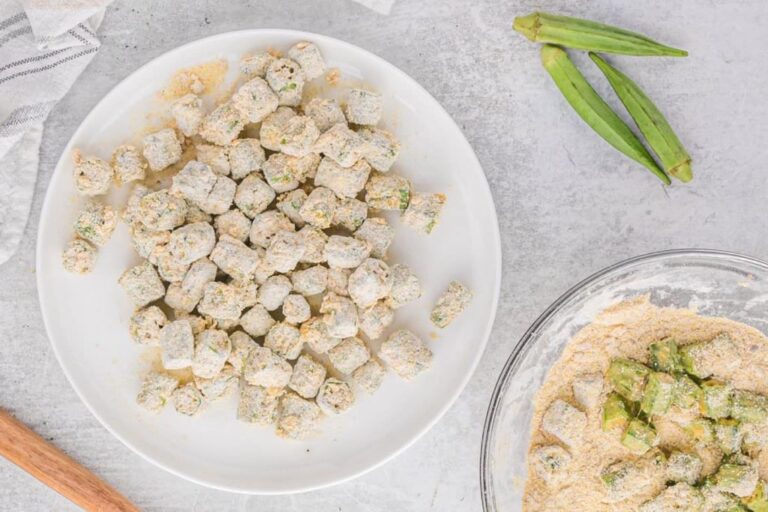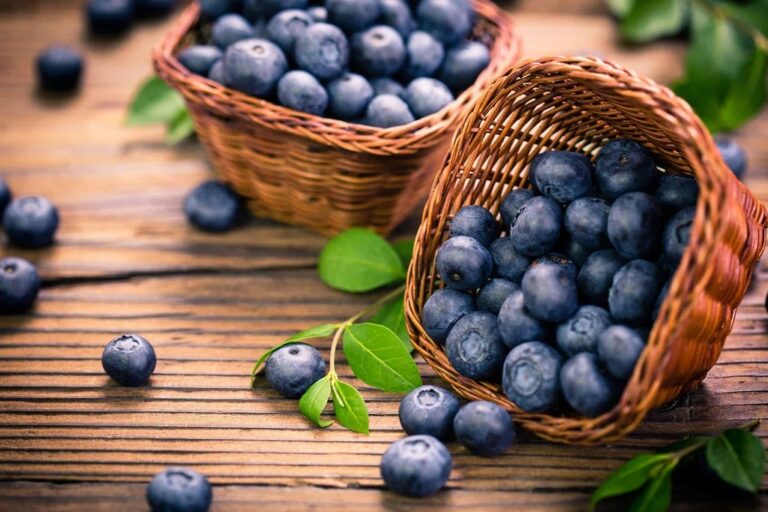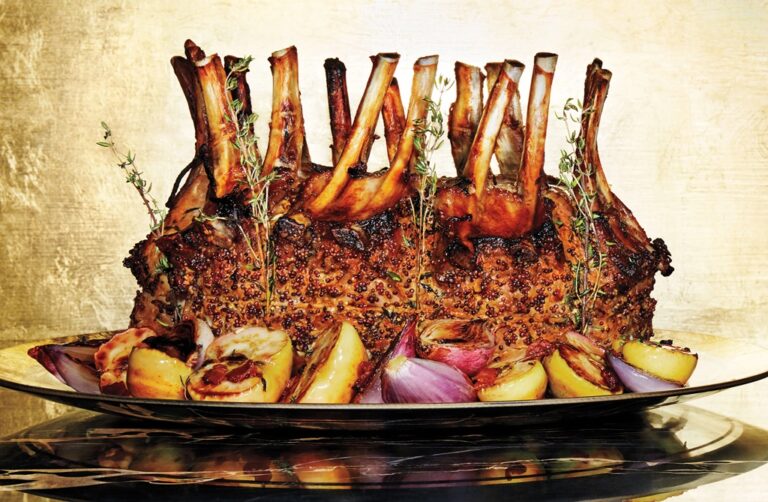Persimmons are delicious and nutritious fruits that are enjoyed by many. Their unique flavor and vibrant color make them a popular choice for both cooking and eating raw. However, when it comes to persimmons, many people wonder if it’s safe to eat the skin. In this article, we will explore the topic of eating persimmon skin and provide you with all the information you need to make an informed decision. The content is introduced by https://ledmain.com/
What is a Persimmon?
Let’s start by understanding what persimmons are. Persimmons are fruits that belong to the Ebenaceae family and are native to China. They come in various varieties, including Fuyu and Hachiya, which are the most common types found in grocery stores. Persimmons are known for their vibrant orange color and sweet, honey-like flavor.
Nutritional Value of Persimmons
Persimmon recipes is a great way to enjoy the sweet and unique flavor of this fruit. Persimmons are not only delicious but also packed with essential nutrients. They are an excellent source of dietary fiber, vitamins A and C, manganese, and potassium. Additionally, persimmons contain antioxidants that help protect your cells from damage caused by free radicals. So whether you’re looking for a tasty snack or a healthy ingredient for your next meal, persimmons are a great choice.
The Skin of a Persimmon
The skin of a persimmon is thin and delicate. It is edible, and many people enjoy eating it along with the fruit. However, there are a few factors to consider before consuming the skin.
Organic Persimmons
If you are consuming organic persimmons, it is generally safe to eat the skin. Organic persimmons are free from pesticides and other harmful chemicals, making the skin safe to consume. However, it is always a good idea to wash the fruit thoroughly before eating it.
Non-Organic Persimmons
When it comes to non-organic persimmons, it is advisable to remove the skin before consuming the fruit. Non-organic persimmons may have been treated with pesticides, which can remain on the skin even after washing. Peeling the fruit ensures that you avoid any potential exposure to harmful chemicals.
Texture and Taste
The texture and taste of the persimmon skin can vary depending on the variety and ripeness of the fruit. Some people find the skin to be slightly bitter or astringent, while others enjoy its unique texture. It is a matter of personal preference whether you choose to eat the skin or remove it before eating the fruit.
Cooking with Persimmon Skin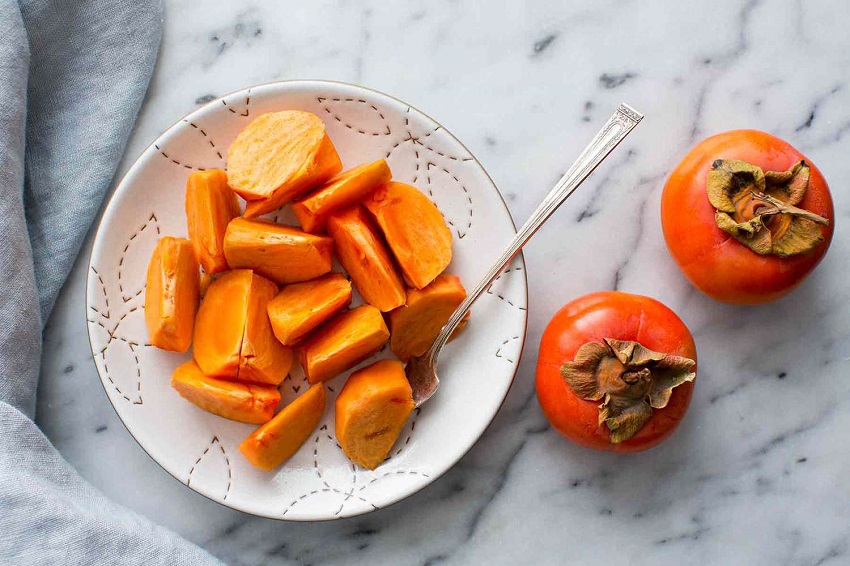
If you enjoy cooking with persimmons, you may wonder if the skin can be used in recipes. In most cases, it is best to remove the skin before using persimmons in cooking. The skin can affect the texture of dishes and may not blend well with certain recipes. However, some recipes may call for leaving the skin intact, so it ultimately depends on the specific dish you are preparing.
Safety Precautions
While persimmon skins are generally safe to eat, there are a few safety precautions to keep in mind. Avoid consuming persimmons that have mold or signs of spoilage on the skin. Additionally, if you have any known allergies to persimmons, it is advisable to consult with a healthcare professional before consuming the fruit or its skin.
In conclusion, persimmons are delicious fruits that can be enjoyed with or without the skin. Organic persimmons are generally safe to eat with the skin, but non-organic ones should have the skin removed to avoid potential pesticide exposure. The taste and texture of the skin can vary, so it’s a personal choice whether to include it in your culinary adventures. Remember to practice food safety and avoid consuming persimmons with mold or signs of spoilage.
FAQs (Frequently Asked Questions)
- Can I eat the skin of a persimmon?
Yes, you can eat the skin of a persimmon, especially if it is organic. However, for non-organic persimmons, it is recommended to remove the skin before consumption.
- Are persimmons good for you?
Yes, persimmons are highly nutritious and rich in fiber, vitamins, and antioxidants. They make a healthy addition to your diet.
- Can I cook with persimmon skin?
While it is best to remove the skin when cooking with persimmons, some recipes may call for leaving it intact. Consider the specific dish and recipe instructions.
- How do I know if a persimmon is spoiled?
Avoid consuming persimmons that have mold or signs of spoilage on the skin. It’s important to check for freshness before eating.
- Are there any allergies associated with persimmons?
Some individuals may have allergies to persimmons. If you have known allergies, it’s best to consult with a healthcare professional before consuming the fruit or its skin.

